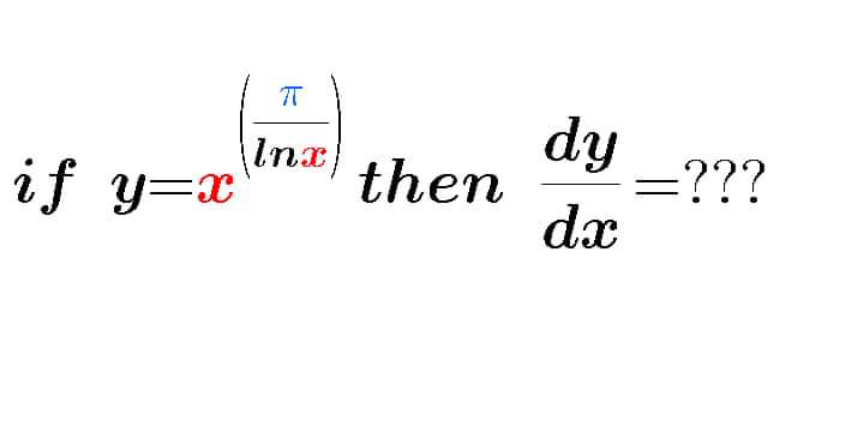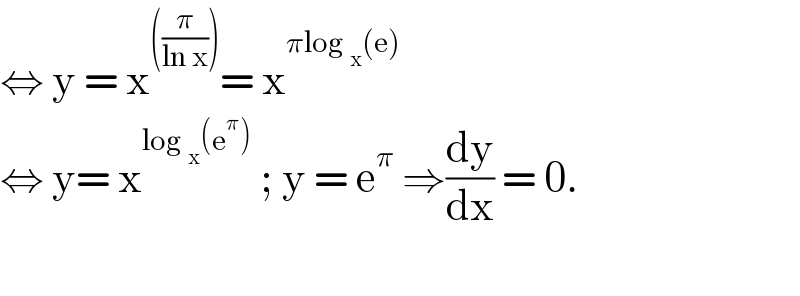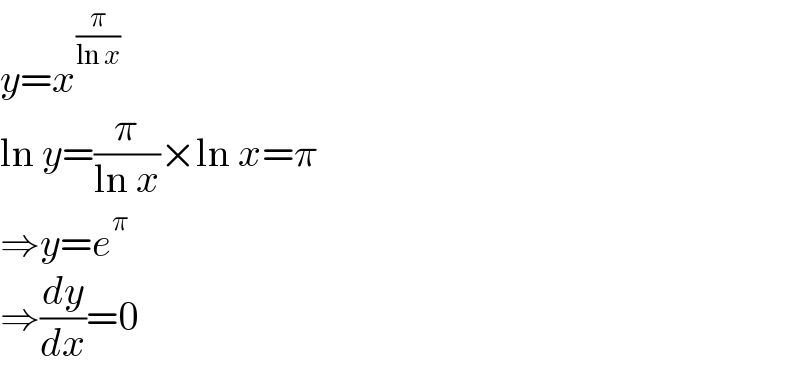
Question and Answers Forum
Previous in Relation and Functions Next in Relation and Functions
Question Number 137280 by mathlove last updated on 31/Mar/21

Answered by EDWIN88 last updated on 31/Mar/21

Answered by mr W last updated on 31/Mar/21

| ||
Question and Answers Forum | ||
Previous in Relation and Functions Next in Relation and Functions | ||
Question Number 137280 by mathlove last updated on 31/Mar/21 | ||
 | ||
Answered by EDWIN88 last updated on 31/Mar/21 | ||
 | ||
| ||
Answered by mr W last updated on 31/Mar/21 | ||
 | ||
| ||